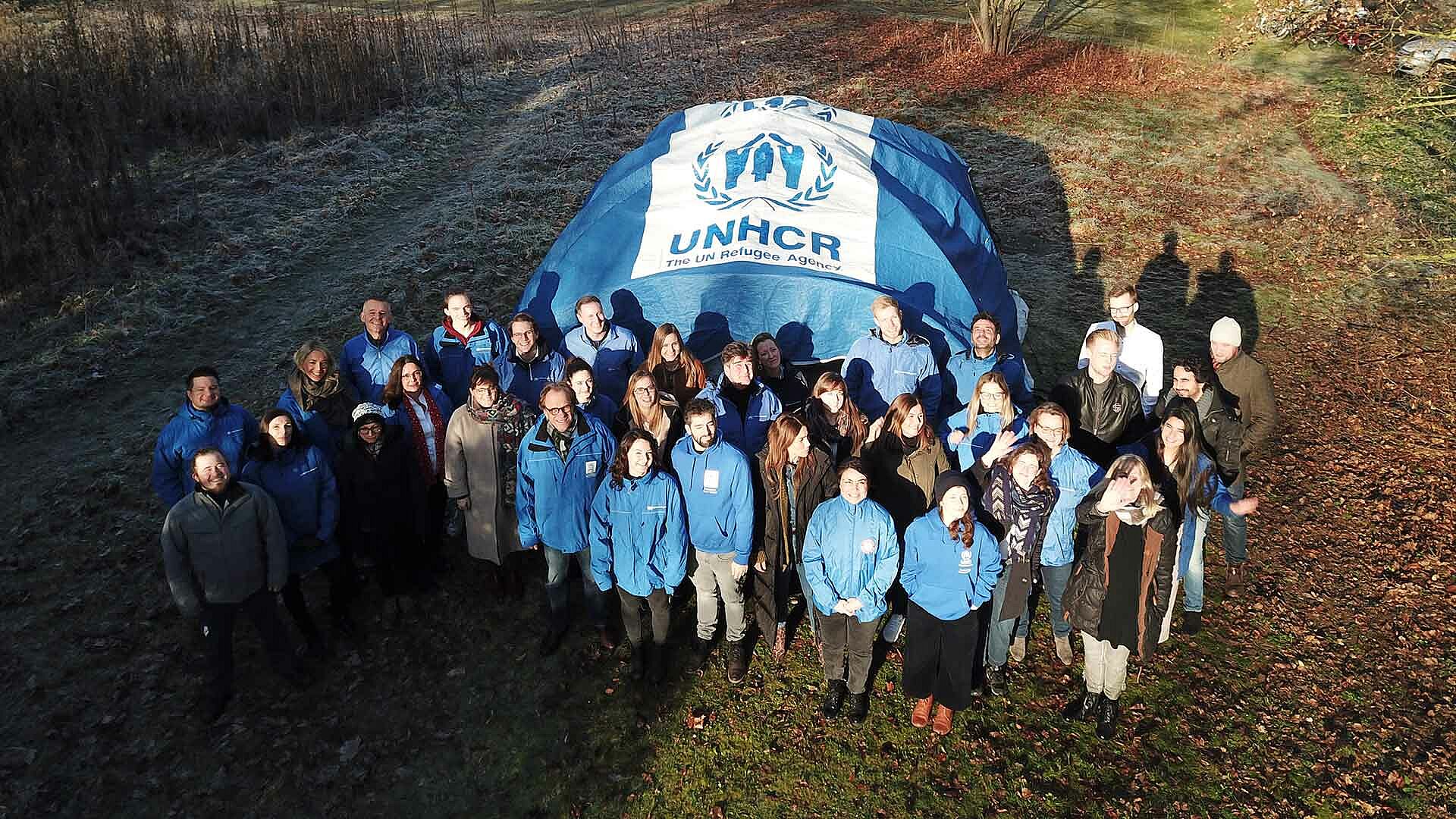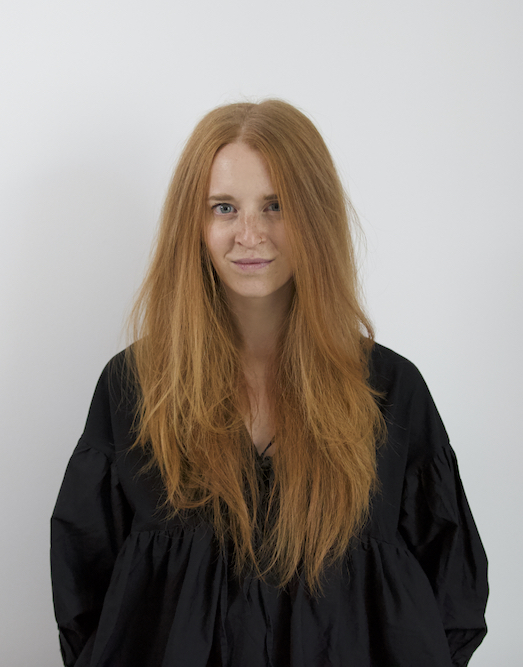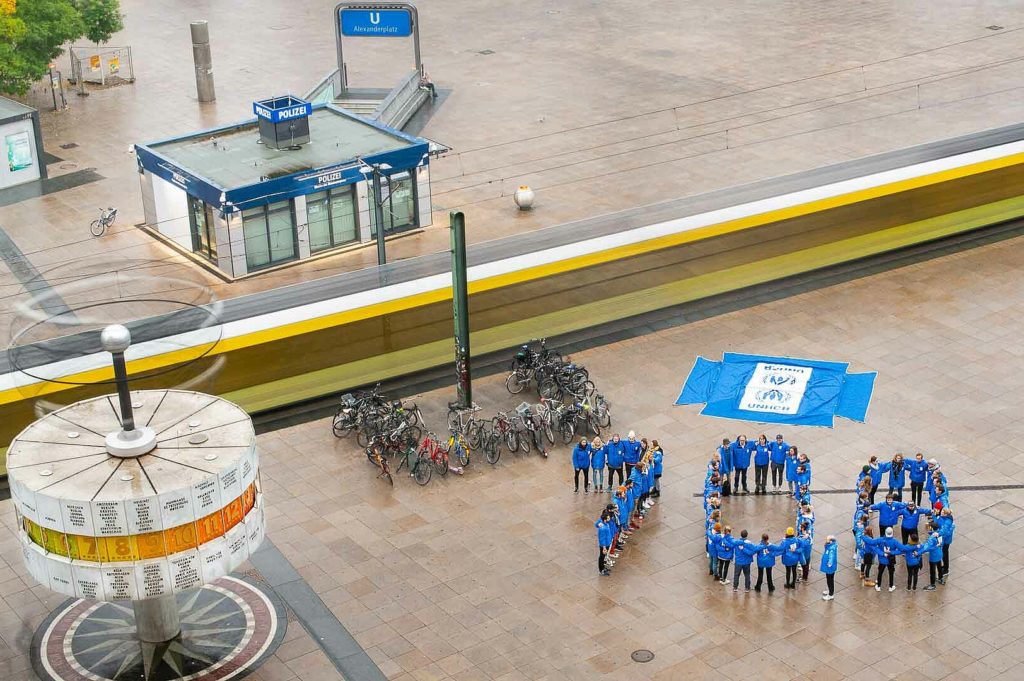The Decision
Working together with their internal IT department and test users from the agency’s workforce, HR tested several tools – from isolated solutions to holistic software applications. This all had to happen under immense time pressure, as important aspects of the old tool were no longer available.
The team then decided on Personio because the software was highly customisable and able to be adapted to meet the specific requirements of UNO-Flüchtlingshilfe. “There were three key points that the tool definitely had to be able to do – intuitive time tracking, easy handling of our individual part-time models, and last but not least, superior data protection features,” Julia explains.
Once the decision had been made, things moved quickly. “The Personio team was very accommodating. From offering nonprofit pricing, which perfectly suits our donation-based organisation, to a high level of understanding of our company’s needs. All our dealings were characterised by a lot of trust because our main contact person immediately understood what I, as an HR manager, needed,” says Julia.
A Successful Implementation
There were just four weeks left to implement the new tool. “We had to switch from the old tool to Personio very quickly. We didn’t want to go through a transition phase.” For this reason, many personnel files were still being digitalised during and after the implementation.
“All in all, everything went smoothly – also thanks to our own dedicated implementation manager. We were able to clarify any open points directly in calls and also made use of the Personio Community. When we created the roles and worked on settings in the software, the support was great,” Julia remembers.
The Result
“Since the software has been in use, our processes are a lot more structured. Personio has taken over the to-do list from my head. Doing things manually is prone to errors, and that is now history,” Julia sums up. She continues: “Since we implemented Personio, we have this wonderful mix of automated administrative processes in a single system, which we can optimise through our strategic work and make the whole thing even better.”
“Thanks to Personio, we were able to automate several small processes. I can finally turn my attention to strategic questions around the future of our work.
Finally, the team is able to focus on recruiting, which wasn’t going optimally before Personio due to manual processes and filing systems.“We’ve grown a lot – so we are looking to standardise the recruiting process more to strengthen experience and our employer branding. ”Nothing is overlooked or forgotten, and you always know at which step of the process you are, at any given time.”
Furthermore, Julia now takes care of highly strategic tasks such as organisational development. Developing a hybrid work model is thereby at the top of the agenda. In the next step, the HR team wants to use Personio to take the topics of performance management and feedback processes to a new level. The respective modules will be implemented soon. Integration with DATEV is also being discussed.
What do you appreciate most about Personio?
What is Personio’s greatest strength for the organisation’s HR work? “It’s this exciting combination of the holistic nature of the system on the one hand and its modularity on the other. Many of the details are customisable, so that I can reach my goals exactly. You can tell that a lot of love has gone into this system. We have had the biggest feedback from our employees: No more complaints.”




